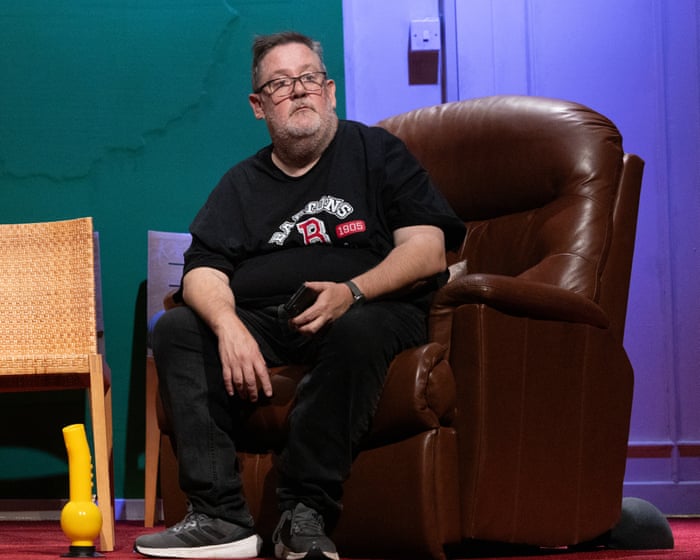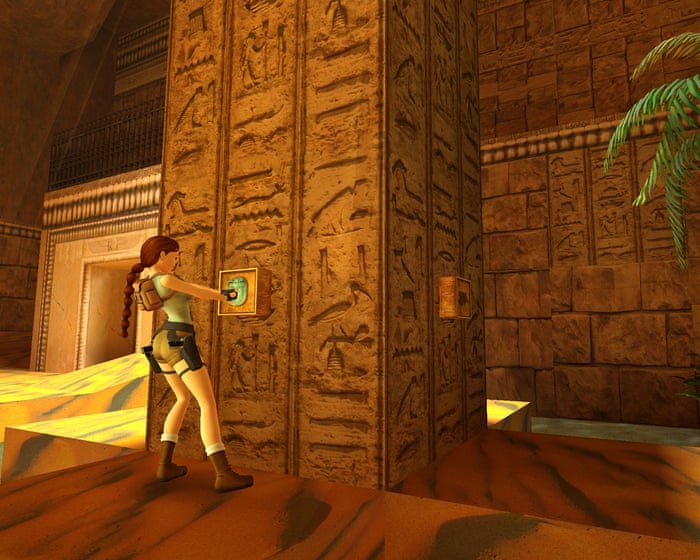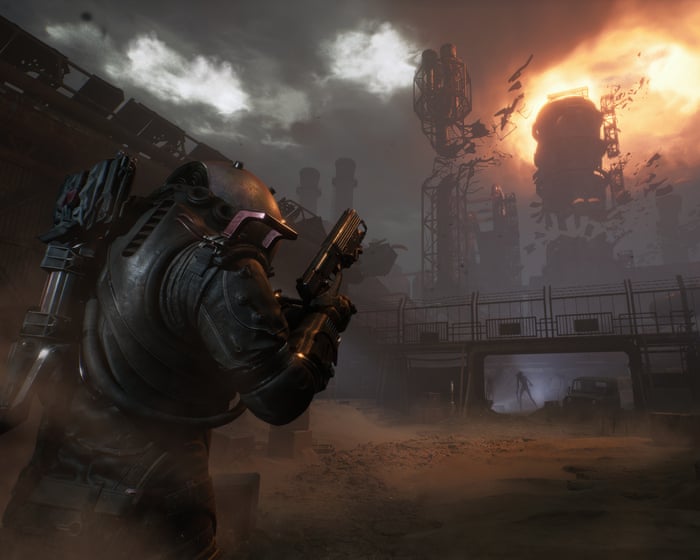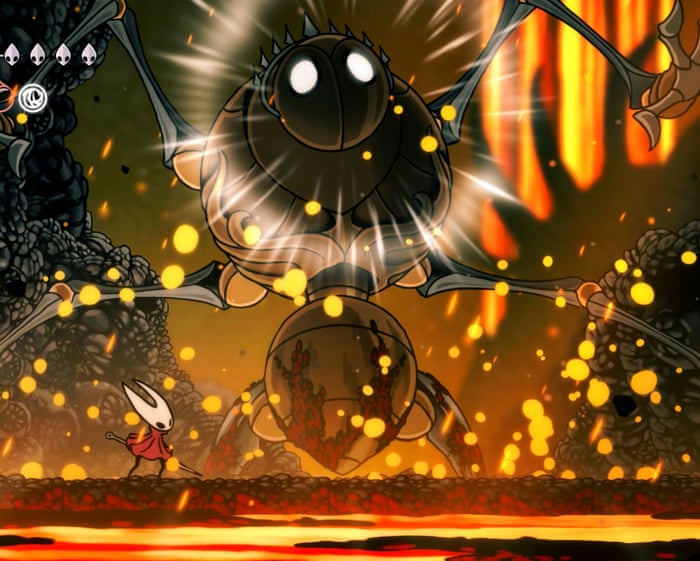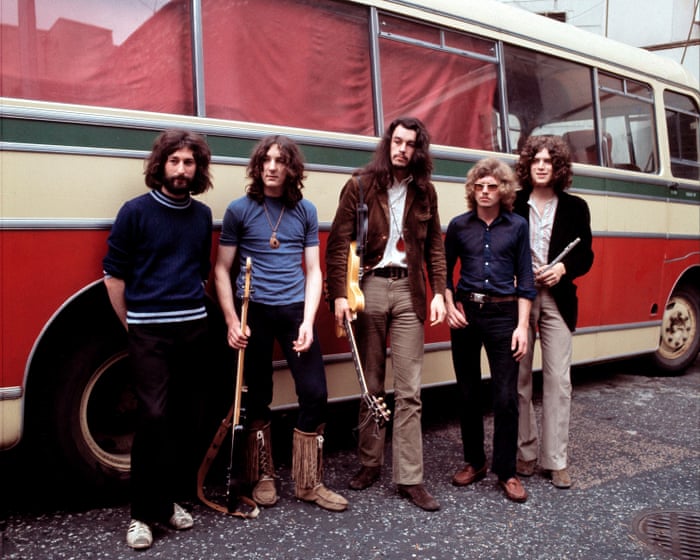Lowry, Salford
Reprise of Graham Duff’s cult comedy delights the series’ fans but there’s not much here for anyone else
If you are a fan of the cult BBC Three sitcom Ideal, you should immediately book a ticket for this show. Judging by tonight’s audience, you will have a hilarious night. If you are not a fan of the TV series, which ran from 2005 to 2011, there are very few reasons to see this stage version.
Writing for the Guardian in 2008, Ben Myers claimed “Ideal is the best British comedy show on TV”. People who love cult shows, really love them. That is palpable in Salford, where creator Graham Duff set the series, and the Lowry is the perfect location to premiere the show ahead of a national tour. You feel the love when the audience applaud and laugh at the lights coming up on the set of Psycho Paul’s “business” headquarters, the entrance of Cartoon Head, the entrance of Psycho Paul, the entrance of Johnny Vegas as Moz, the lights coming up on Moz’s flat … you get the picture. At times it’s like being at a live studio recording.
At Lowry, Salford, until 13 September. Then touring until 11 October.


